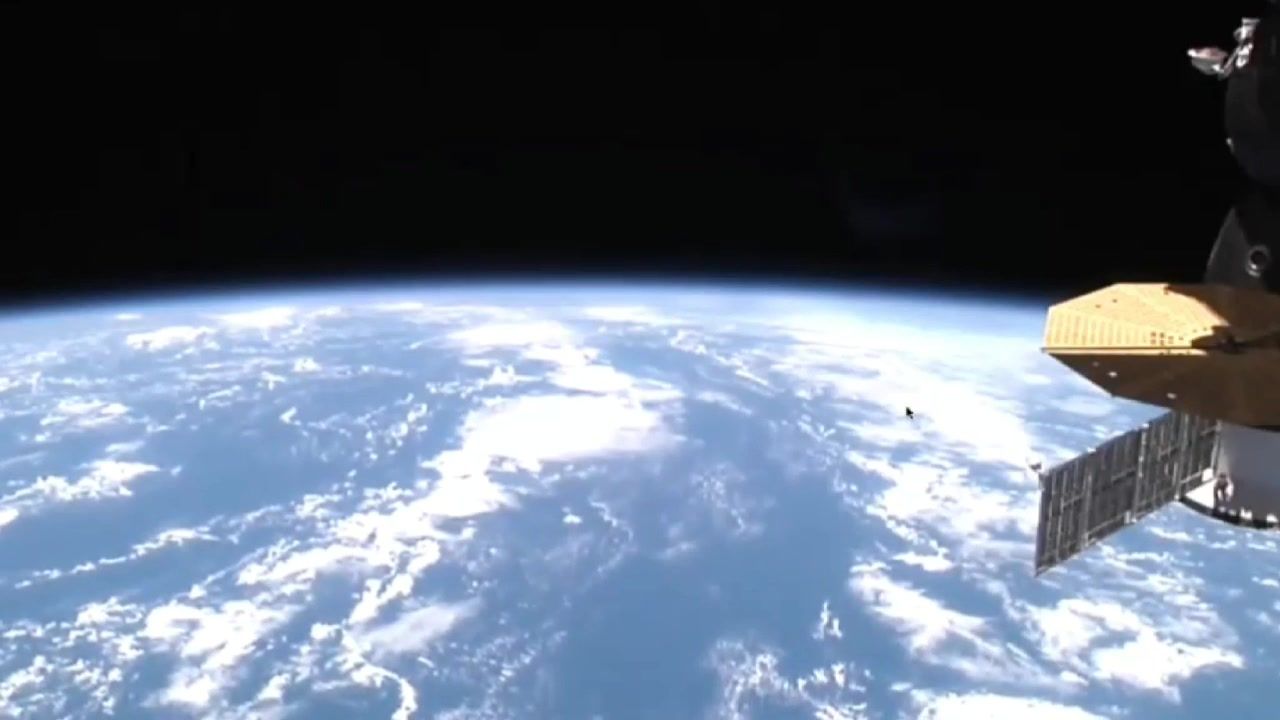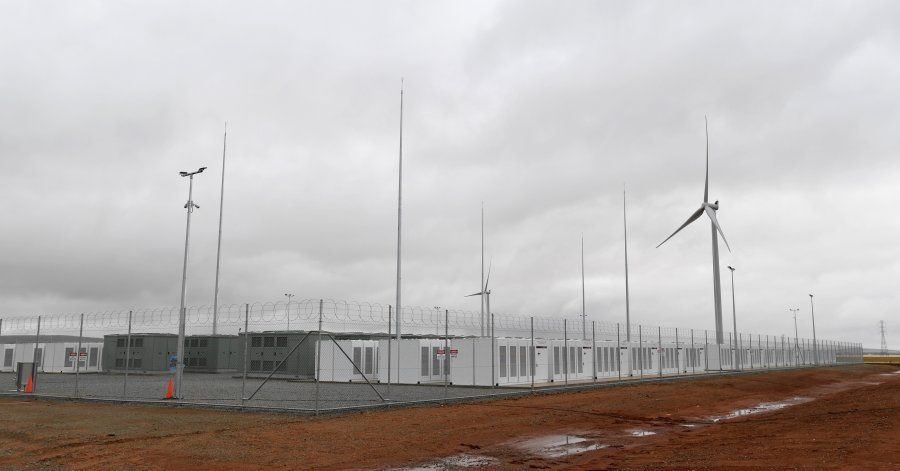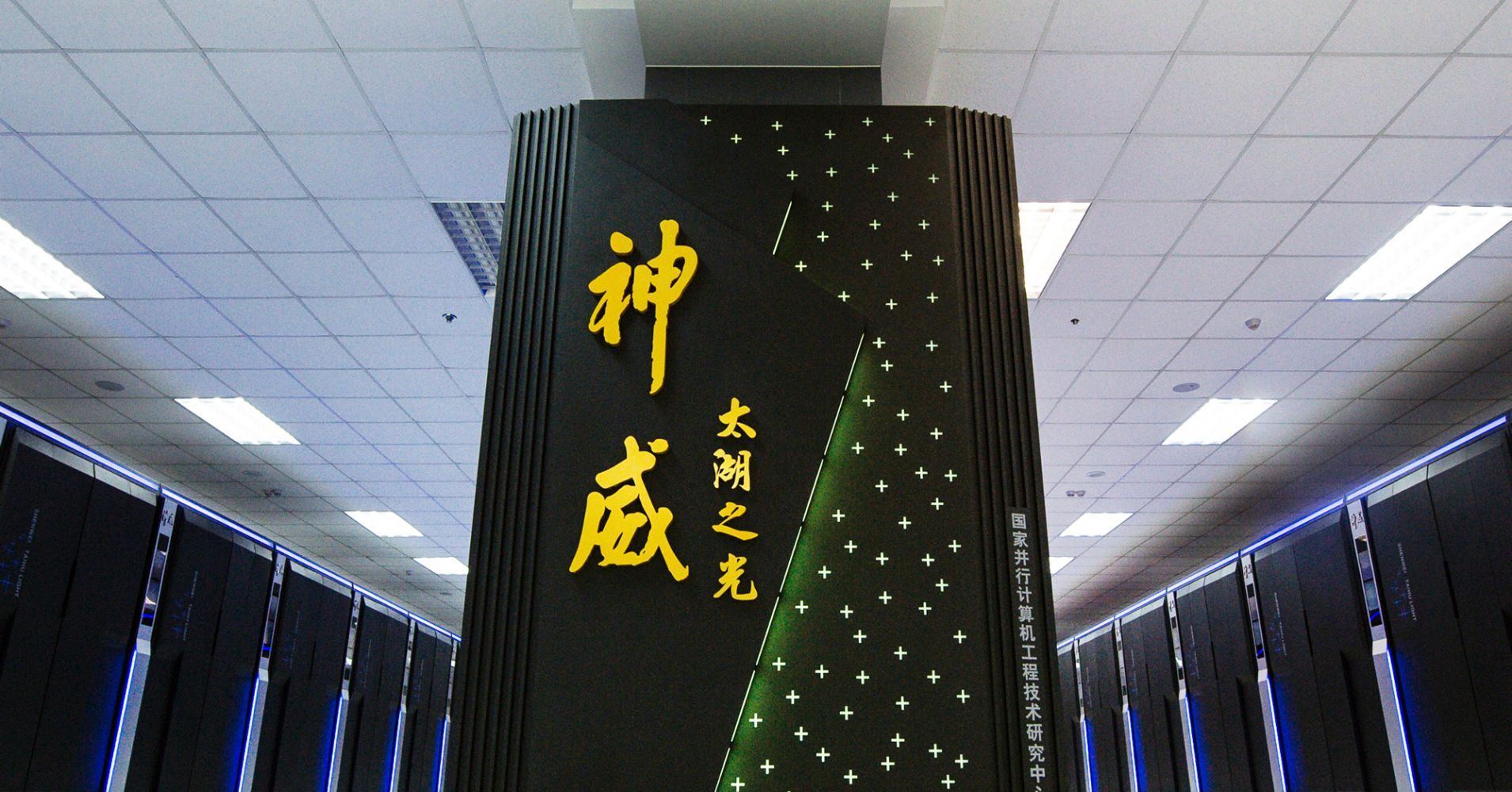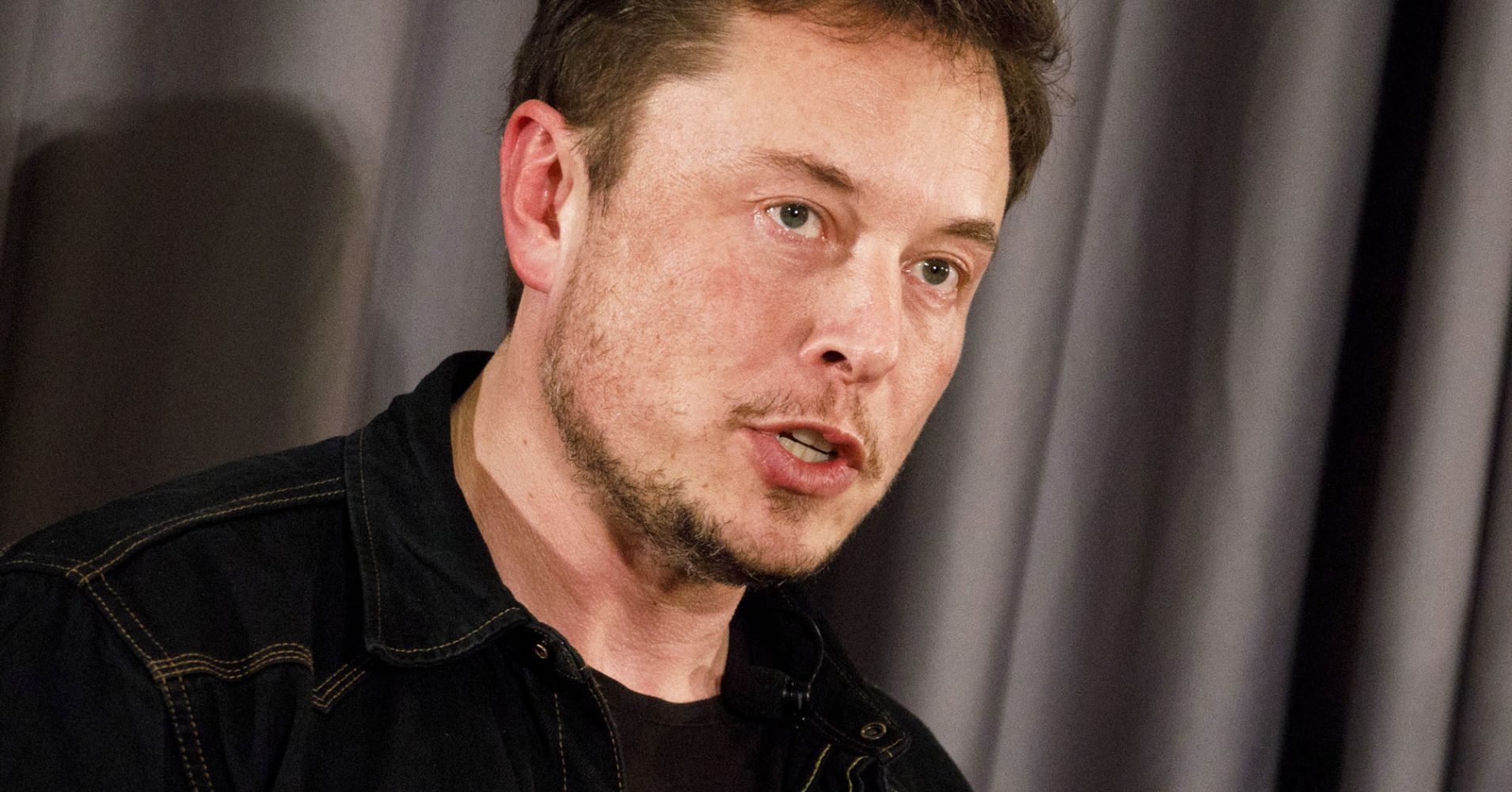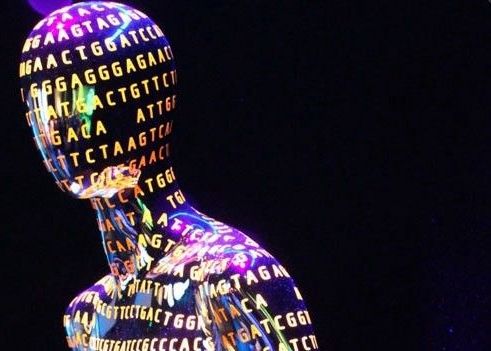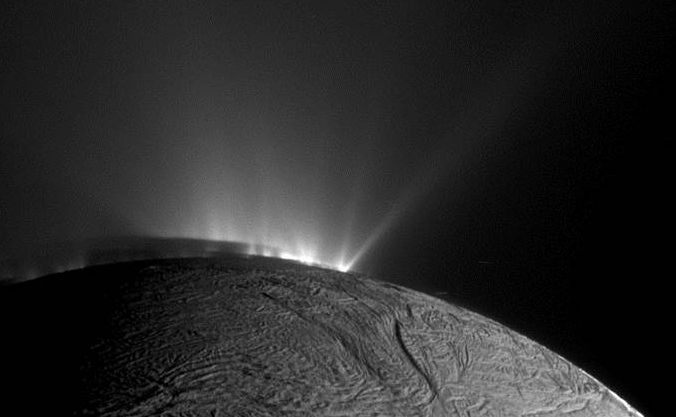Page 9698
According to new Stanford research, it may depend on how many natural killer cells you have: https://stan.md/2I2IDZx (Photo by Kelly Sikkema)
…” Because unlike Konopinski-Marvin-Teller, it (the paper) actually focuses on those “necessary conditions”: what would need to be different, if you did want to have a self-propagating reaction?
What would it take to turn the world into one big fusion reaction, wiping it clean of life and turning it into a barren rock? Asking for a friend.
Jun 30, 2018
World’s Biggest Battery Proposed in California
Posted by Dan Kummer in category: energy
A California utility is seeking permission to have a company build the world’s largest battery, joining a growing list of power companies investing in storing electricity.
Pacific Gas & Electric Co., part of PG&E Corp., detailed plans for four storage projects totaling nearly 570 megawatts in a Friday filing to regulators, including a 300-megawatt battery installation at a natural-gas-fired power plant owned by Vistra Energy Corp.
Jun 30, 2018
AI Will Thrash the Economy Like a ‘Tsunami,’ Allstate CEO Says
Posted by Dan Kummer in categories: economics, robotics/AI, transportation
Much Worse than that. And, thankfully, They are too foolish and greedy to stop.
Artificial intelligence is coming for the service economy, according to Allstate Corp. Chief Executive Officer Tom Wilson.
“It’s going to rip through this economy like a tsunami,” Wilson said Thursday in an interview on Bloomberg TV from Aspen, Colorado.
Continue reading “AI Will Thrash the Economy Like a ‘Tsunami,’ Allstate CEO Says” »
Jun 30, 2018
The future of food may be cooking with chemical compounds
Posted by Dan Kummer in categories: food, security
French scientist Herve This, the co-creator of molecular gastronomy, wants the world to cook with chemical compounds, a process that he believes can help improve global food security.
Jun 30, 2018
China Extends Lead as Most Prolific Supercomputer Maker
Posted by Dan Kummer in categories: government, supercomputing
China has 206 of the top 500 supercomputers — compared to the U.S.’s 124.
America is now home to the world’s speediest supercomputer. But the new list of the 500 swiftest machines underlines how much faster China is building them.
The list, published Monday, shows the Chinese companies and government pulling away as the most prolific producer of supercomputers, with 206 of the top 500. American corporations and the United States government designed and made 124 of the supercomputers on the list.
Continue reading “China Extends Lead as Most Prolific Supercomputer Maker” »
Jun 30, 2018
Elon Musk: This is why we have to build civilizations in space
Posted by Dan Kummer in categories: Elon Musk, existential risks, space travel, sustainability
“Humanity is not perfect, but it’s all we’ve got,” the SpaceX and Tesla boss said.
To safeguard human life requires moving beyond the blue planet, in Musk’s view, because earth is likely to become uninhabitable.
“There will be some eventual extinction event” if humans stay on earth forever, Musk said in an article published in academic journal New Space, which was published online in June 2017.
Continue reading “Elon Musk: This is why we have to build civilizations in space” »
Jun 30, 2018
Human Civilization is our Second Womb for Birthing Transhumans
Posted by Odd Edges in categories: biotech/medical, cyborgs, food, genetics, mathematics, sustainability, transhumanism
A being that can consciously alter its own DNA via technological intervention (i.e. cybernetic means) is what our Second Womb has been nurturing. We have used civilization to protect ourselves while we crack the code of our biological being. We started in the womb of the cave. Then moved on to the womb of the hut. Then the village, the city, and the state. All thew hile, we have been tinkering with our own DNA and the DNA of other species. To me, this is the real posthuman or transhuman — it is the creature that is actively editing its own biological blueprint through tech. This is what we’ve been doing since we started augmenting our bodies with clothing and animal skins. We’ve been modifying our ability to endure the slings and arrows of the cosmos.
What is human civilization? It is difficult to assert that other animals do not create their own civilizations — termites for instance meet some criteria for being categorized as cyborgs (building temperature-controlled mega structures). Animals communicate, express feelings, and have personalities. Octopi arrange furniture for would-be mates. Others engage in mating rituals. Some mourn the dead. Birds can solve simple math. Critters scheme, enterprise, forge bonds, and even produce art. What do we do that animals do not?
To our credit, we are the only animals that record, share, and develop history upon structures and materials outside of our bodies. We harness energy for massive projects. We farm, but again, so do leaf-cutter ants. But we create genetically novel vegetables and animals. We alter the global climate. Our enterprises are global, and given time and opportunity, our projects will eventually become exostellar. We do all this rather ferociously. Human history is a rather short explosion of civilization-building activities, and yet it might already have irrevocably altered the future of all life on this planet. No other creature has created a circumstance quite like that of human beings and our anthropocene project. For instance, unless we clean up the environment, the next few generations of plant and animal life are going to have be extremely resilient to radiation, Styrofoam, plastics, and other run-offs squeezed out from the human project. That is just a fact of life now on earth.
Continue reading “Human Civilization is our Second Womb for Birthing Transhumans” »
Jun 30, 2018
Saturn’s moon Enceladus is now the likeliest place to find alien life
Posted by Dan Kummer in category: alien life
When a massive saltwater ocean was found hidden beneath the icy crust of Saturn’s moon Enceladus back in 2015, astronomers were cautiously optimistic that this watery world could have just the right conditions to host life. Now, thanks to a new study, Enceladus’ stock has gone up — way up.
Using data from a dead spacecraft, an international team of astronomers has for the first time discovered complex organic (carbon-containing) molecules — the building blocks of life — spewing from Enceladus. The new finding, described in a paper published online June 27 in the journal Nature, makes the small icy moon the most promising place beyond Earth to find life in the solar system.
“Enceladus’ subsurface ocean is a habitable place. The big question is if it is inhabited,” Frank Postberg, a planetary scientist at the University of Heidelberg in Germany and the study’s lead author, told NBC News MACH in an email.
Continue reading “Saturn’s moon Enceladus is now the likeliest place to find alien life” »
